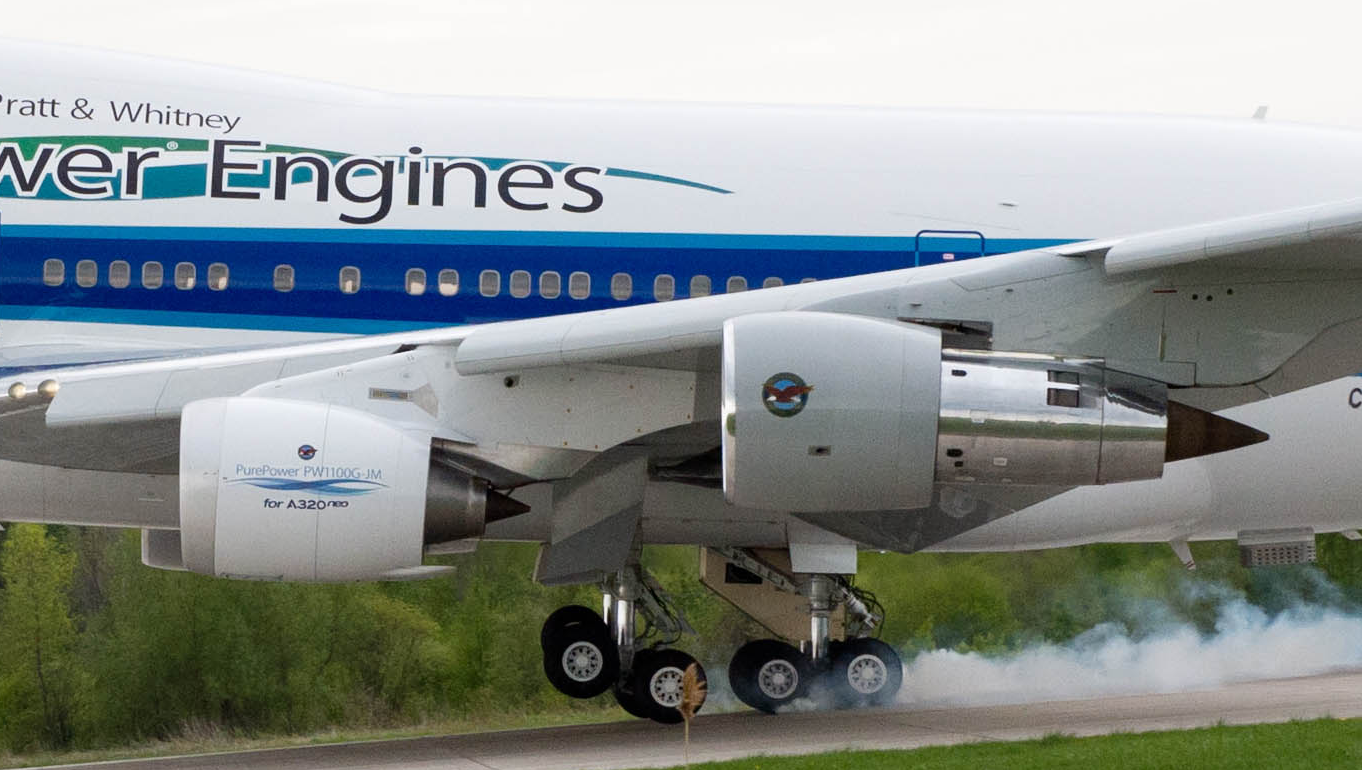Military
United Technologies Earnings Provide Some Lift for Aerospace Sector

Published:
Last Updated:

United Technologies Corp. (NYSE: UTX) reported second-quarter 2019 results before markets opened Tuesday. The industrial conglomerate posted adjusted diluted earnings per share (EPS) of $2.20 on revenues of $19.63 billion. In the same period a year ago, the company reported EPS of $1.97 per share on revenues of $16.71 billion. Second-quarter results also compare to consensus estimates for EPS of $2.05 and $19.55 billion in revenues.
The company’s acquisition of Rockwell Collins added 13 percentage points to the company’s 18% year-over-year revenue gain. Another six points of growth was organic, and both were offset by a one-point foreign exchange headwind.
Collins Aerospace commercial aftermarket (parts) sales jumped 75% and 18% organically. The segment’s profit margin rose year over year from 14.4% to 17.8%, and operating profit more than doubled from $569 million to $1.17 billion.
The Pratt & Whitney jet engine segment posted sales of $5.15 billion, up 8.7% compared with $4.74 billion in the year-ago quarter, and operating profit was up 6.8% to $424 million on a profit margin of 8.2%.
The company updated its full-year outlook, raising its adjusted EPS forecast from a range of $7.80 to $8.00 to a new range of $7.90 to $8.05. UTC now forecasts organic revenue growth to rise by 4% to 5%, one point higher on either end than the prior forecast. Full-year sales growth was maintained at $75.5 billion to $77.0 billion, and free cash flow was left at $4.5 billion to $5.0 billion, including a one-time cash payment of $1.5 billion related to carving out its Otis and Carrier segments.
Chair and CEO Greg Hayes commented:
We continued to see outperformance at Collins Aerospace this quarter as we made significant progress on the integration of Rockwell Collins, which more than offset softness in Carrier’s end markets. Looking ahead, we remain on track to establish Otis and Carrier as independent companies in the first half of 2020. We are also excited about the transformational merger with Raytheon that we announced in June, which will create a leading, platform-agnostic aerospace and defense systems company.
Not everyone is as pleased as Hayes with the Raytheon deal. Daniel Loeb, CEO of hedge fund Third Point, which is UTC’s largest shareholder, wrote to UTC’s board in late June, calling the company’s rationale for the merger with Raytheon “word salad … short on substance and [lacking] evidence of a strategic plan to create shareholder value.” Loeb may have a point, but Raytheon was threatened by a host of defense mergers and the all-stock merger with UTC could be a nice win for current investors in both firms.
The consensus estimate for third-quarter EPS is $2.04 from sales of $19.45 billion. For the full year, analysts are looking for EPS of $7.97 on sales of $77.23 billion.
In Tuesday’s premarket session shares traded up about 2.7% at $132.50 in a 52-week range of $100.48 to $133.19. The 12-month consensus price target on the stock was $151.44 before this morning’s report. Shares of competitors such as Boeing, General Dynamics and Northrop Grumman were up at least marginally in early indications as well.
Retirement can be daunting, but it doesn’t need to be.
Imagine having an expert in your corner to help you with your financial goals. Someone to help you determine if you’re ahead, behind, or right on track. With SmartAsset, that’s not just a dream—it’s reality. This free tool connects you with pre-screened financial advisors who work in your best interests. It’s quick, it’s easy, so take the leap today and start planning smarter!
Don’t waste another minute; get started right here and help your retirement dreams become a retirement reality.
Thank you for reading! Have some feedback for us?
Contact the 24/7 Wall St. editorial team.